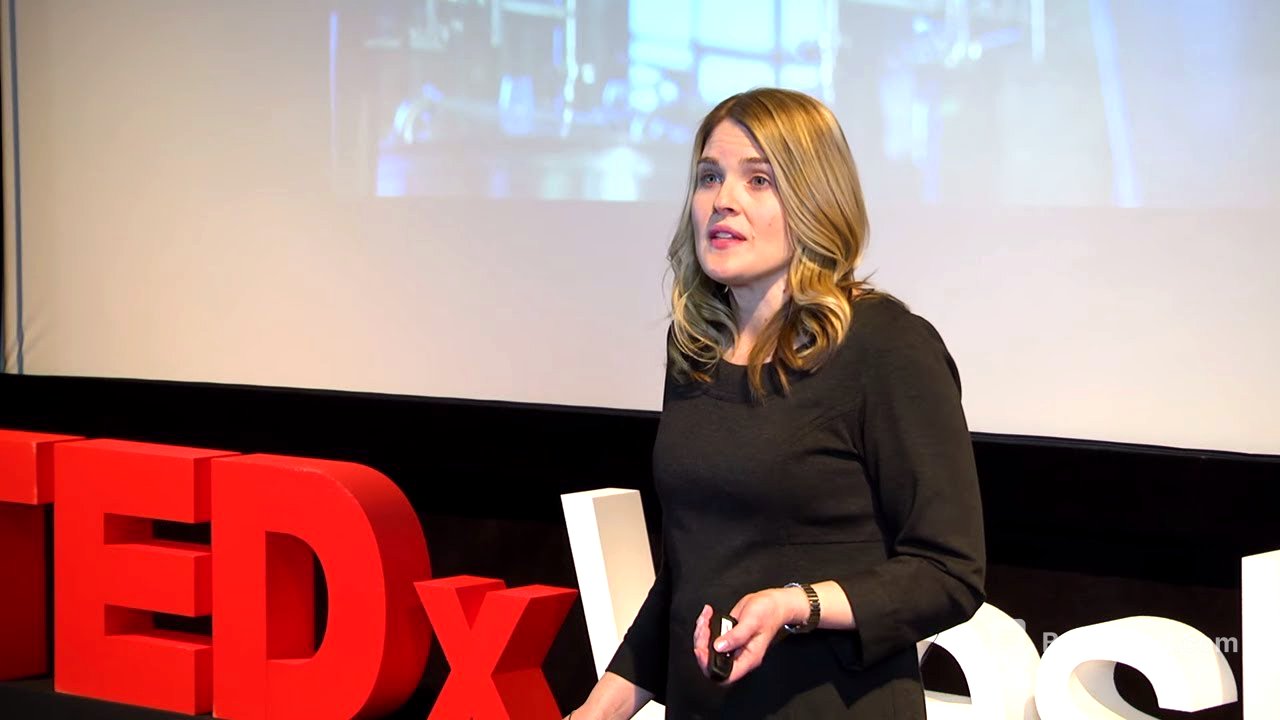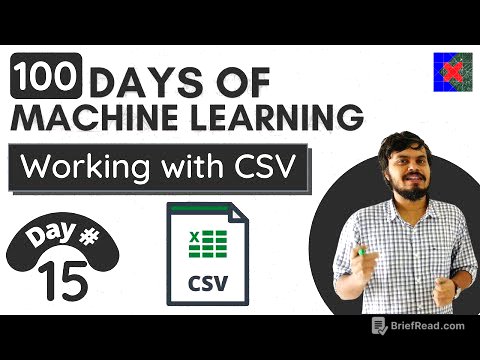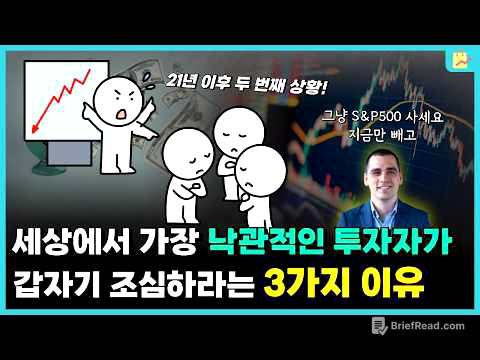TLDR;
The speaker discusses how personal identities significantly influence professional identities and career decisions. She critiques traditional career counseling approaches, including the "follow your passion" mantra and the design thinking framework, arguing that they often overlook the irrationality and biases that shape our choices. She introduces the idea that career identity is the sum of various personal identities, forming a deeply personal narrative or "script" that guides our decisions. She emphasizes the importance of self-awareness in understanding and questioning this script to make more authentic career choices, especially in the face of cultural biases and the uncertainties of the Fourth Industrial Revolution.
- Personal identities greatly influence professional identities and career decisions.
- Traditional career counseling approaches, like "follow your passion," are flawed.
- Self-awareness is crucial to understanding and questioning the "script" that guides career decisions.
Introduction: The Pain of Losing an Identity [0:05]
The speaker begins by sharing a personal experience of a knee injury that forced her to give up running, an identity deeply ingrained in her sense of self. This loss was more painful than the physical injury itself. She identifies herself through various identities: woman, mother, American, and a Rhode Island native, and a number of professional identities, such as tour guide, camp counselor, schoolteacher, graduate student, podcast host and career counselor. This experience leads her to reflect on how personal identities affect and create professional identities, which she has observed through her career counseling practice.
The Problem of Disengagement in the Workplace [1:32]
The speaker addresses the issue of employee disengagement, noting that 87% of employees worldwide are not engaged in their work, according to Gallup. While organizations and consultants often focus on external factors like office culture and wages, she, as a career counselor, is more interested in the internal reasons behind career choices. She explains that historically, career choices were limited by factors like family tradition, gender, and social class. However, the Industrial Revolutions broadened the world of work, leading to the emergence of career counseling.
The Evolution of Career Counseling [2:31]
The speaker traces the history of career counseling, starting with the vocational Bureau in Boston in 1908, which helped individuals navigate the expanding world of work by assessing their backgrounds, skills, and interests. The military also took an interest, using psychological tests to place individuals in jobs during World War I and World War II. By the late 1990s, during the digital age, a new paradigm emerged that emphasized following one's passions.
The "Follow Your Passion" Myth [3:50]
The speaker critiques the "follow your passion" approach to career counseling, recounting a story of a counselor who helped a client find a job working with gorillas. She notes that this approach didn't resonate with her MBA students, who were more concerned with paying off debt and finding stable employment. She points out that in recent years, there has been pushback against the idea of passion dictating career decisions, partly because many people don't know what their passions are and partly due to fears about job displacement from the Fourth Industrial Revolution.
Design Thinking and Its Limitations [6:14]
The speaker discusses design thinking as another framework for career decision-making, which involves understanding clients, brainstorming ideas, and testing solutions. Proponents of this approach suggest that individuals will need to iterate through many different roles. However, she argues that most people lack the self-awareness to effectively navigate this process, often failing to understand themselves before making career decisions.
The Irrationality of Career Decisions [7:21]
Drawing from behavioral economics and psychology, the speaker asserts that career decisions are often irrational and based on unconscious biases influenced by social surroundings, including parents, peers, and communities. She illustrates this with the story of a law student who chose law school because she didn't want to go to medical school, highlighting how cultural messages and personal identities like gender, race, religion, and socioeconomic status can lead individuals to embrace or foreclose on career options, especially if they anticipate barriers to success.
The Importance of Self-Awareness [9:28]
The speaker emphasizes the importance of self-awareness in overcoming internalized biases and avoiding false assumptions when hiring. She presents career identity as the sum of all possible identities, influencing individuals in different ways at different times. She prefers to view these identities as forming a deeply personal narrative or "script" that guides decisions, rather than a simple equation.
Embracing the Messiness of the Career Script [11:06]
The speaker concludes by arguing that career decisions cannot be programmed by computers because they are deeply personal. She urges individuals to understand and question their scripts, embracing the messiness of the iterative writing process. She encourages listeners to own their stories and not let others write them for them, quoting Cicero to underscore the timeless difficulty of this challenge.









